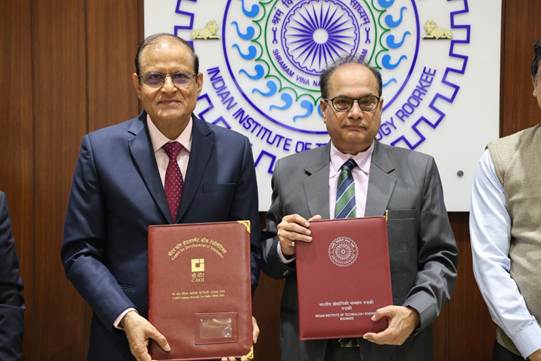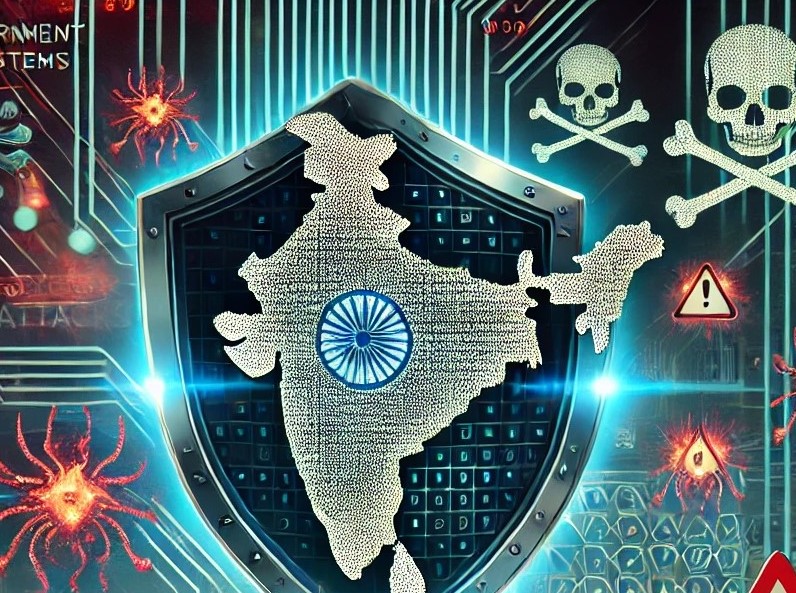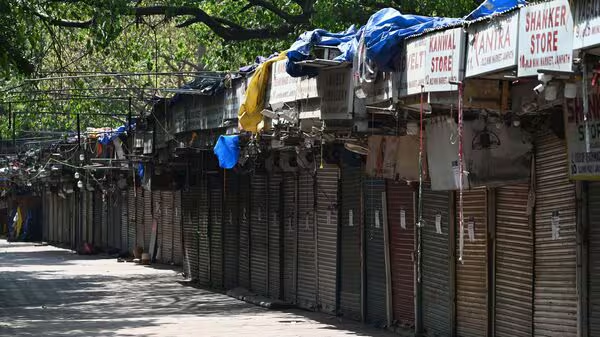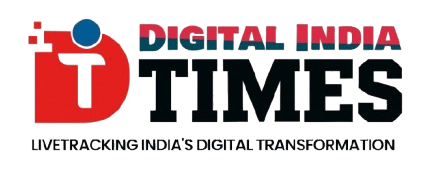India hosts second Regional Open Digital Health Summit, puts spotlight on DPI-driven health systems

Organised by the national e-governance division under the ministry of electronics and IT, the national health authority, WHO’s SE Asia regional office and UNICEF, the three-day summit is hosting leaders from Bangladesh, Sri Lanka, Thailand, Nepal, the Maldives and other countries.
New Delhi, November 21: India opened the second Regional Open Digital Health Summit (RODHS 2025) in New Delhi on Wednesday, bringing together senior government officials, global health bodies and technology innovators from across South-east Asia to discuss how digital public infrastructure, open standards and emerging technologies can accelerate Universal Health Coverage in the region.
Organised by the national e-governance division under the ministry of electronics and IT, the national health authority, WHO’s SE Asia regional office and UNICEF, the three-day summit is hosting leaders from Bangladesh, Sri Lanka, Thailand, Nepal, the Maldives and other countries. The discussions are centred on interoperability, equity and collaboration as the core principles of digital health transformation.
Rajnish Kumar, COO of NeGD, said India’s experience shows that joint governance between the health ministry and the technology ecosystem is essential for secure, interoperable national systems. He highlighted how platforms such as ABDM, CoWIN, Aadhaar and UPI can only scale sustainably when institutional silos are dismantled.
Representing WHO SEARO, Manoj Jhalani stressed the need to build technical capacity across countries so that interoperable digital health platforms can be deployed at scale. UNICEF’s Arjan de Wagt underlined that digital systems must be designed around communities and frontline workers, not just technology, to ensure equitable care for children and vulnerable groups.
Sunil Kumar Barnwal, CEO of the national health authority, said India’s DPI stack has demonstrated how digital public goods can deliver secure, large-scale health data exchange across providers and states. Health secretary Punya Salila Srivastava noted that education, sanitation, nutrition, water safety and social protection also shape health outcomes, making cross-ministerial digital integration essential.
Across plenary sessions, delegates from India, Nepal, Sri Lanka and Thailand reached consensus that open standards, full-stack digital public infrastructure and FHIR-based health data exchange are central to scaling digital health beyond pilots. Experts from UIDAI, NPCI, ONDC, the World Economic Forum and national digital health agencies said DPIs for identity, payments, data exchange and registries form the backbone of resilient health ecosystems.
The programme also highlighted emerging use-cases in generative AI for public health. Startups and research institutions showcased innovations in AI-driven diagnostics, multilingual clinical documentation, breast cancer screening through thermal imaging, and India’s MedGemma model for health intelligence.
The first day of RODHS 2025 reaffirmed the region’s shared commitment to digital equity, interoperability and scalable infrastructure. Delegates stressed that future-ready health systems in the Global South will depend on open, standards-based, child-centred and DPI-driven digital platforms supported by strong cross-border cooperation.








